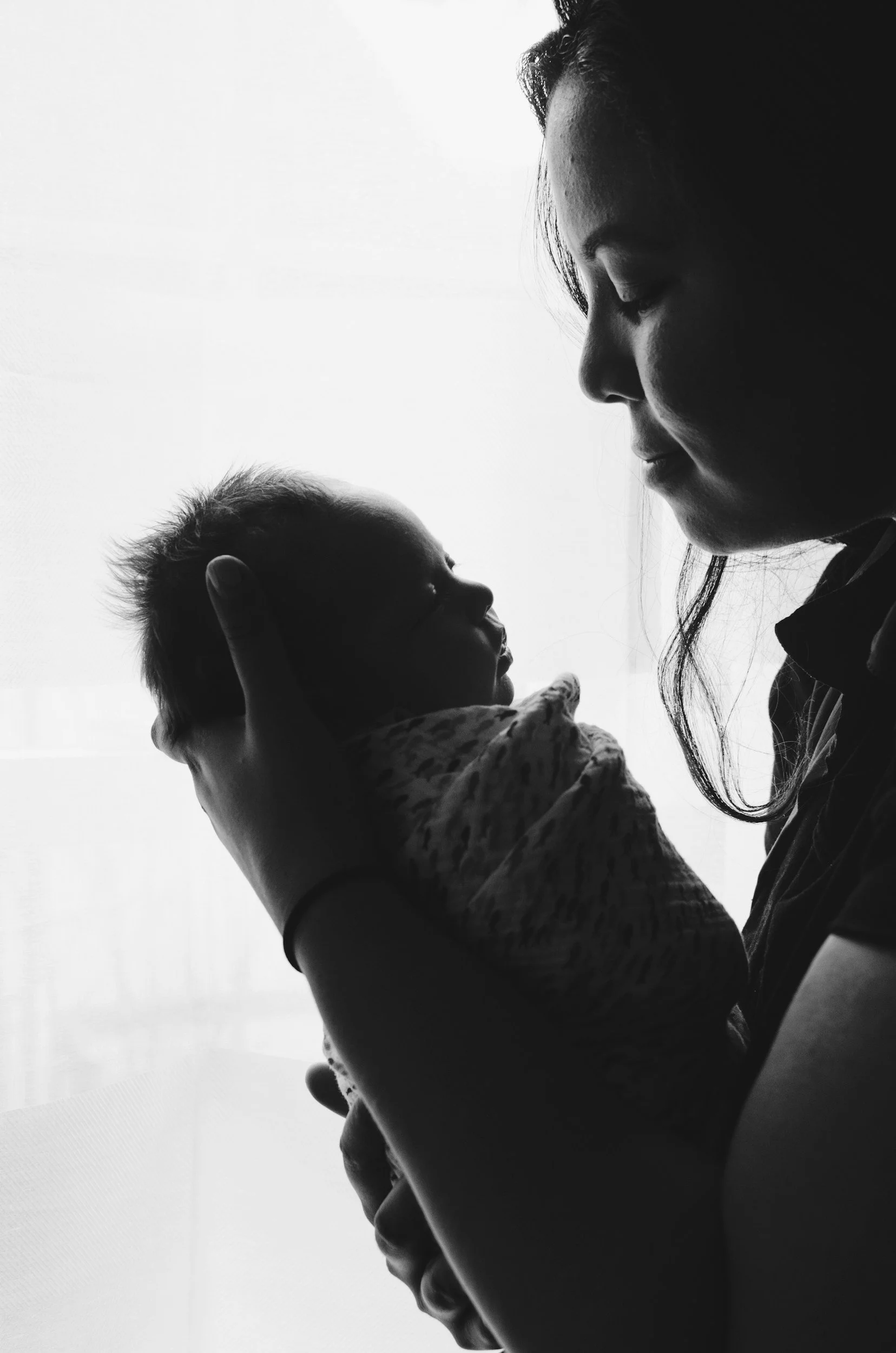When Mother’s Day Hurts : How Parents’ Mental Health Can Impact Their Children
Mother’s Day is often seen as a joyful time to celebrate the special bond between mothers and their children. However, for many individuals, this day can also stir up a range of complex emotions. Those who are coping with the loss of a mother or child may find the day particularly painful, while others may struggle with strained family relationships that can be highlighted on such occasions. Additionally, new mothers may face postpartum challenges that complicate their feelings about motherhood.
It’s important to recognize that the emotional well-being of parents greatly impacts their children and teens. Young people are highly perceptive and can sense their parents' feelings, whether they are happy, sad, or conflicted. For this reason, supporting one another through these varying emotions is crucial. Acknowledging the challenges and offering open communication can create a more inclusive and understanding environment for everyone involved during this time.
Unseen Grief and Emotional Strain
Not everyone feels joyful on Mother’s Day. Some individuals may be mourning the loss of their own mothers, dealing with fertility struggles, or managing the complexities of blended families. For those in these situations, the day can evoke sadness rather than celebration.
Children and teenagers often pick up on these emotional cues, even if they don’t fully understand them. Recognizing that Mother’s Day can be difficult for many helps foster a more compassionate perspective on the diverse experiences people face on this occasion.
Kids Notice More Than We Think
When adults face tough times, it can be incredibly challenging for children, who often respond in ways that reveal their confusion and unease. Some may act out, using tantrums or aggressive behavior as a cry for help and a way to cope with their unexpressed fears. Others might choose to withdraw, retreating into themselves and becoming quieter, hoping to navigate the heavy atmosphere in silence. There are also those who internalize their feelings, wrestling with guilt or anxiety about what they can’t quite understand. Although they may lack the words to express their worries, these children are deeply attuned to the changes in the energy around them. It’s important for them to receive reassurance and comfort during these turbulent times, as they navigate emotions that are often too complex for them to articulate.
Be Honest — But Keep It Age-Appropriate
It’s okay to talk to your kids about difficult emotions, but it’s important not to make them feel responsible for fixing them. Young children especially need reassurance that adult problems are not theirs to carry.
If you’re struggling with your relationship with your own mother or mother-in-law, try to keep your child out of that emotional dynamic. Comments like, “Grandma’s making everything harder,” or “I wish your dad would stand up to his mom,” can place kids in an unfair and confusing emotional position.
Instead, focus on what you need and how you're feeling, using age-appropriate language. For example:
“Mother’s Day feels a little complicated for me. But I’m really glad I get to be your mom today.”
This creates emotional safety while modeling resilience, without placing your child in the middle of adult conflict.
Seeking Support When It’s Needed
If your child is showing signs of emotional distress, know that help is available. At the Institute of Pediatric Psychology, we offer therapy for children and teens, as well as parent and family support in Orange County.
Remember, you don’t need to be the “perfect mom” to support your child’s mental health. Just showing up with honesty and compassion — for them and yourself — goes a long way.


